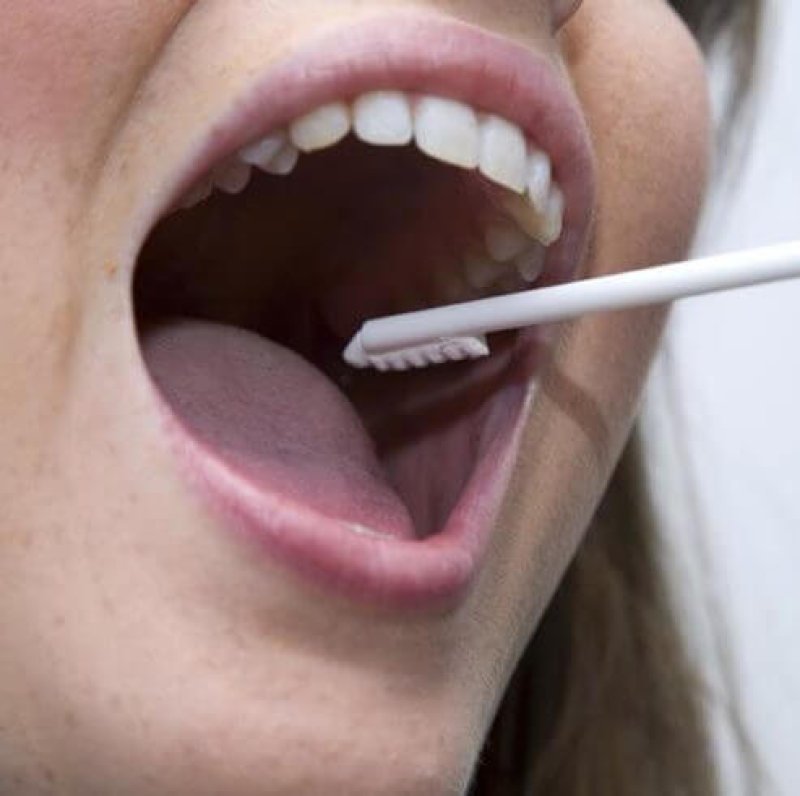Your DNA determines many aspects of who you are, and an increasing number of companies are claiming they can decode it for you. But they may be getting more out of it than you do.
…
If you opt in, your genetic information could be used over and over again, for multiple research projects. And it could be reanalysed in more advanced ways once new genetic tools are developed. The information you get back from your spit sample could be a tiny fraction of the total collected.
So where is your cut of the profits? [Rick White, founder and CEO of Sure Genomics] thinks we should have more control over our valuable genomes. “I’d hope to have a robust marketplace that gives you the opportunity to sell your own data,” he says. “If a drug [developed using your genetic information] gets sold, there’s no reason why you shouldn’t receive a micropayment.”
…
Some argue that in the long run, everyone benefits from research, so we should all be donating our information to the cause. It is true that 23andMe’s database has already contributed to new results helping researchers understand the effectiveness of antidepressants and the causes of infertility and male-pattern baldness, among others.
The GLP aggregated and excerpted this blog/article to reflect the diversity of news, opinion, and analysis. Read full, original post: DNA testing firms are cashing in our genes. Should we get a cut?































